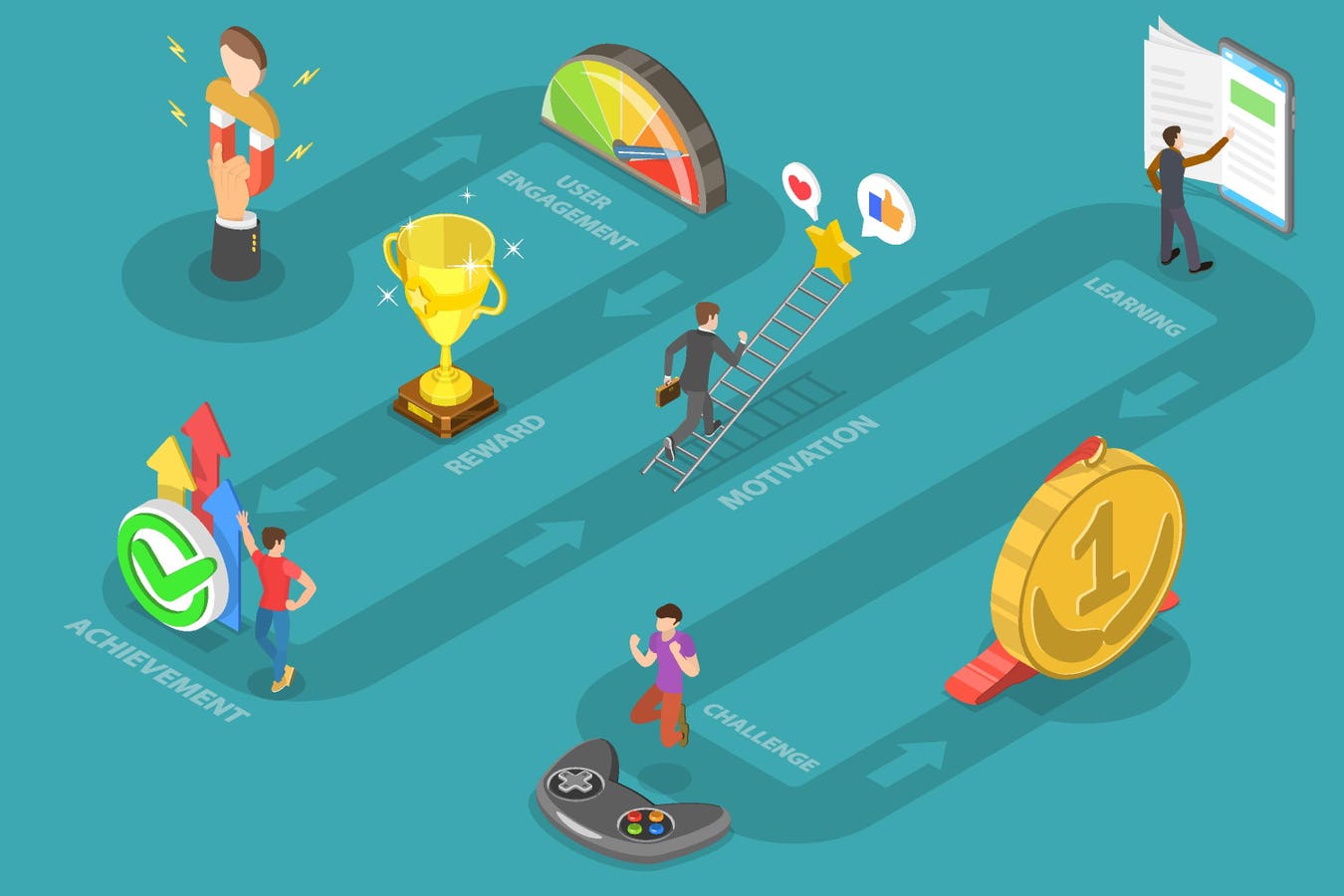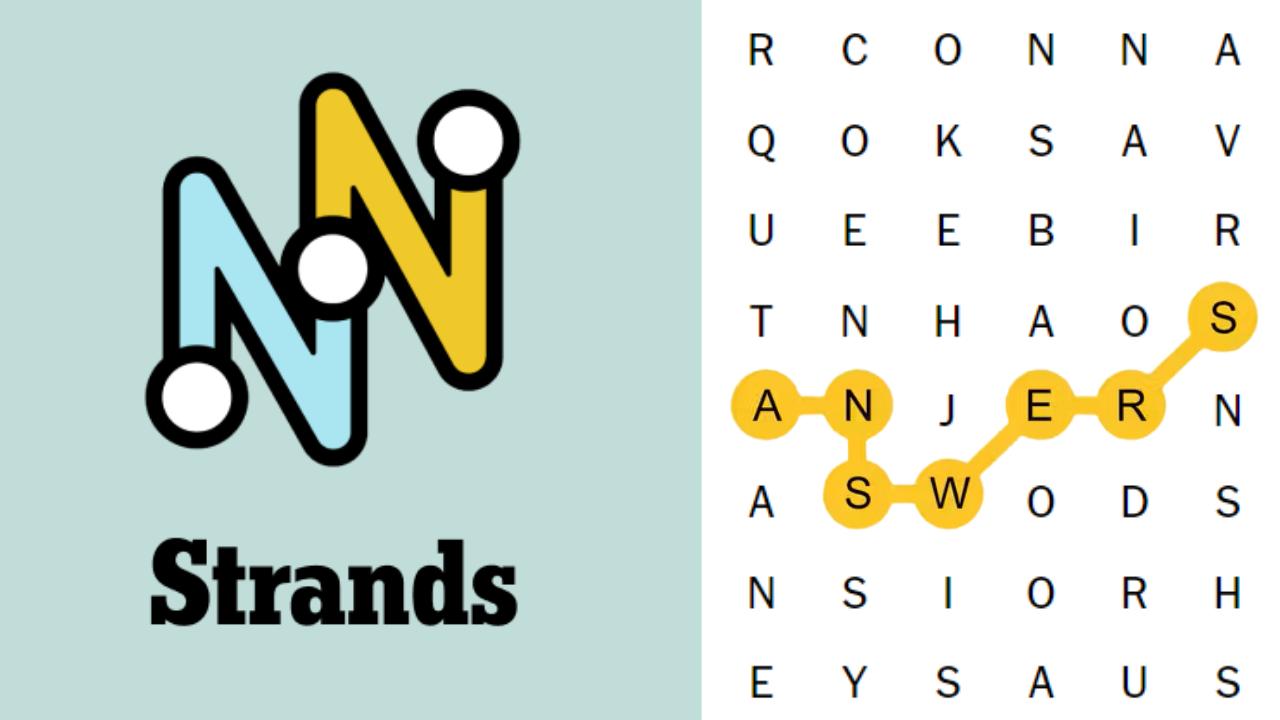From office politics to salary negotiations, treating work like a strategy game can give you a … More
I recently had a revealing conversation with a friend — a game developer — who admitted, almost sheepishly, that while he was fluent in the mechanics of game theory, he rarely applied it outside of code. That got me thinking.
For most people, game theory lives in two corners of life: economics classrooms and video games. It’s a phrase that evokes images of Cold War negotiations or player-versus-player showdowns. And to their credit, that’s grounded.
At its core, game theory studies how people make decisions when outcomes hinge not just on their choices, but on others’ choices too. Originally a mathematical model developed to analyze strategic interactions, it’s now applied to everything from dating apps to corporate strategy.
But in real life, nobody is perfectly rational. We don’t just calculate; we feel, too. That’s where the brain kicks in.
According to the “Expected Value of Control” framework from cognitive neuroscience, we calibrate our effort by asking two questions:
- How big is the reward?
- How much control do I have in getting it?
When both answers are high, motivation spikes. When either drops, we disengage. Research shows this pattern in real time — the brain works harder when success feels attainable.
Play Puzzles & Games on Forbes
This mirrors game theory’s central question: not just what the outcomes are, but whether it’s worth trying at all. Using a game theory lens in a professional setting, then, can be messy and sometimes bring unwanted emotional repercussions. The saving grace, however, is that it’s somewhat intuitively patterned and, arguably, predictable.
So should you actually apply game theory to your professional life? Yes, but not as gospel, and not all the time. Being too focused on identifying, labeling and trying to “win” every interaction can backfire.
It can make you seem cold and calculating, even when you’re not, and it can open the door to misunderstandings or quiet resentment. Put simply, it’s important to be aware of how your choices affect others and how theirs affect yours, but it’s also dangerously easy for that awareness to tip over into an unproductive state of hyperawareness.
Game theory is a legitimately powerful lens — but like any lens, it should be used sparingly and with the right intentions. Pick your battles, and if you’re curious how to apply it in your own career, start with clarity, empathy and a telescope and compass. Use these not to dominate the game, but to understand it and play it to the best of your abilities, so everyone wins.
1. Establish Competence For Yourself And Assume It From Others
There’s a popular saying in hustle culture: work smarter, not harder. At first glance, it makes sense — but in elite professional environments, it’s a rather reductive and presumptuous approach.
The phrase can carry the implication that others aren’t working smart or that they aren’t capable of working smart. But in high-performing teams, where stakes are real and decisions have impact, most people are smart. Most are optimizers. And that means “working smart” will only take you so far before everyone’s doing the same. After that, the only edge left is consistent, high-quality production — what we generalize as hard work.
From a game theory lens, this type of hard work essentially increases your odds. Overdelivering, consistently and visibly, skews the probability curve in your favor. You either become impossible to ignore, or highly valuable. Ideally, aim for both.
And here’s where the real move comes in: assume the same of others. In most multiplayer games, especially online ones, expecting competence from your opponents forces you to play better. It raises the floor of your expectations, improves collaboration and protects you from the trap of underestimating the consequences of your actions.
Take chess, for example. In a large study of tournament players, researchers found that serious solo study was the strongest predictor of performance, even more than formal coaching or tournament experience.
Grandmasters, on average, had put in nearly 5,000 hours of deliberate study in their first decade of serious play. This is about five times more than intermediate players. This is why in a game of chess between one grandmaster and another, neither player underestimates the other.
2. Exploit The Parts Of Work That Don’t Feel Like Work To You
My friend told me he rarely applies game theory outside of code. But the more he talked about his work, the more obvious it became that the man lives it. He’s been into video games since he was a child, and now, as an adult, he gets paid to build what he used to dream about.
Sure, he has deadlines, targets and a minimum number of hours to log every week — but to him, those are just constraints on paper. What actually drives him is the intuitive thrill of creation. Everything else is background noise that requires calibration, not deference.
This is where game theory can intersect with psychology in an actionable way. If you can identify aspects of your work that you uniquely enjoy — and that others may see as tedious, difficult or draining — you may have found an edge. Because in competitive environments, advantage is often about doing the same amount with less psychological cost.
In game theory terms, you’re exploiting an asymmetric payoff structure, where your internal reward is higher than that of your peers for the same action. When others see effort, you feel flow. That makes you highly resilient and harder to outlast.
It’s also how you avoid falling into the trap of accepting a Nash equilibrium. This is a state where each person settles on a strategy that feels rational given everyone else’s, even if the group as a whole is stuck in mediocrity. No one deviates, because no one has an incentive to, unless someone changes the underlying payoff structure.
For example, imagine a team project where everyone quietly agrees to put in just enough effort to get by, no more, no less. It feels fair, and no one wants to overextend. But if even one person realizes they could stand to gain by going above that baseline, they have an incentive to break the agreement. The moment they do, the equilibrium collapses, because now others are pressured to step up or risk falling behind.
In a true equilibrium, each person’s strategy is the best possible response to what everyone else is doing. No one gains by changing course. However, when your internal motivation shifts the reward equation, you may begin to question the basis of the equilibrium itself.
Be aware, in any case, that this is a tricky situation to navigate, especially if we contextualize this from the point of view of the stereotypical kid in class who reminds their teacher about homework. Even if the child acts in earnest, they may unintentionally invite isolation both from their peers and, sometimes, from the teachers themselves.
This is why the advice to “follow your passion” often misfires. Unless there’s a clear definition of what constitutes passion, the advice lands as too vague. A more precise version is this: find and hone a valuable skill that energizes you, but might drain most others.
3. Follow The Money Only Far Enough To Find The Game
There’s a certain kind of professional who doesn’t chase money for money’s sake. Maybe he writes code for a game studio as a day job, writes blogs on the side and even mentors high school kids on their computer science projects. But this isn’t so much about padding his lifestyle or building a mountain of cash.
What he’s really doing is looking for games: intellectually engaging challenges, satisfying loops and rewarding feedback. In a sense, he’s always gaming, not because he’s avoiding work, but because he’s designed his life around what feels like play. This mindset flips the usual money narrative on its head.
And ironically, that’s often what leads to sustainable financial success: finding personal fulfillment that makes consistent effort easier for you and everyone around you.
In game theory, this is a self-reinforcing loop: the more the game rewards you internally, the less you need external motivation to keep showing up.
So instead of asking, “What’s the highest-paying path?” — ask, “Which games would I play even if I didn’t have to?” Then, work backward to find ways to monetize them. This does two incredibly valuable things in tandem: It respects the system you’re in, and it respects the goals you personally hold dear.
While game theory maps workplace social behavior reasonably well, constantly remaining in a heightened state of awareness can backfire. Take the Self-Awareness Outcomes Questionnaire to better understand if yours is a blessing or a curse.








